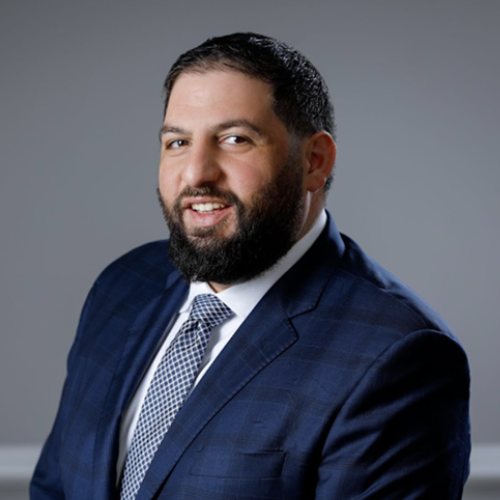The term “tax haven” is a bit of a misnomer, for the places that are considered tax havens don’t just offer an escape from taxes. They also offer secrecy and a place for U.S. citizens and corporations to keep their money far from the government’s grasp. What is a tax haven, and how does the IRS think of them?
The IRS actively fights against tax havens via their The Abusive Tax Scheme Program, which actively attempts to prevent abusive behavior by would-be taxpayers. Avoiding paying taxes via hiding money in tax havens is a white-collar crime, the type of which you need a skilled criminal tax lawyer to help defend against.
A tax haven is any country, state, or territory that offers foreign individuals and businesses with little or no tax liability. It usually refers only to countries that are politically and economically stable. Tax havens fall into one of three categories:
There are a number of ways in which tax havens allow for people to avoid paying taxes in their country of residence. The primary method is via corporate profit-shifting. This happens when companies organize themselves legally in countries with very low tax rates even though they are often times doing little to no business there.
The first option for people looking to pay less in taxes is to become a resident of a tax haven country. This is what people who travel, like some professional athletes and race car drivers, do.
But there are also ways in which individuals can remain living in a non-tax haven, such as the US, and still benefit from tax havens. If assets are kept in a trust which is organized in a tax haven country, the trustee doesn’t need to pay capital gains taxes for it.
This is where people put their assets into an account which is managed by a third-party to be distributed to some future beneficiary. This beneficiary can be the person who organized the trust in the first place. The money from a trust can be paid out regularly or as a lump sum, and it can be distributed by an attorney, bank, or other delegated third-party.
Once it is received by the beneficiaries, the income is subject to income tax. Trusts are not subject to capital gains taxes. Another major tax advantage of a trust is that the beneficiary of the trust doesn’t have to pay taxes on the money they inherit from it.
If you have money in a foreign bank and need help with your taxes, contact Ayar Law today at (248) 262-3400 to resolve your tax issues!


